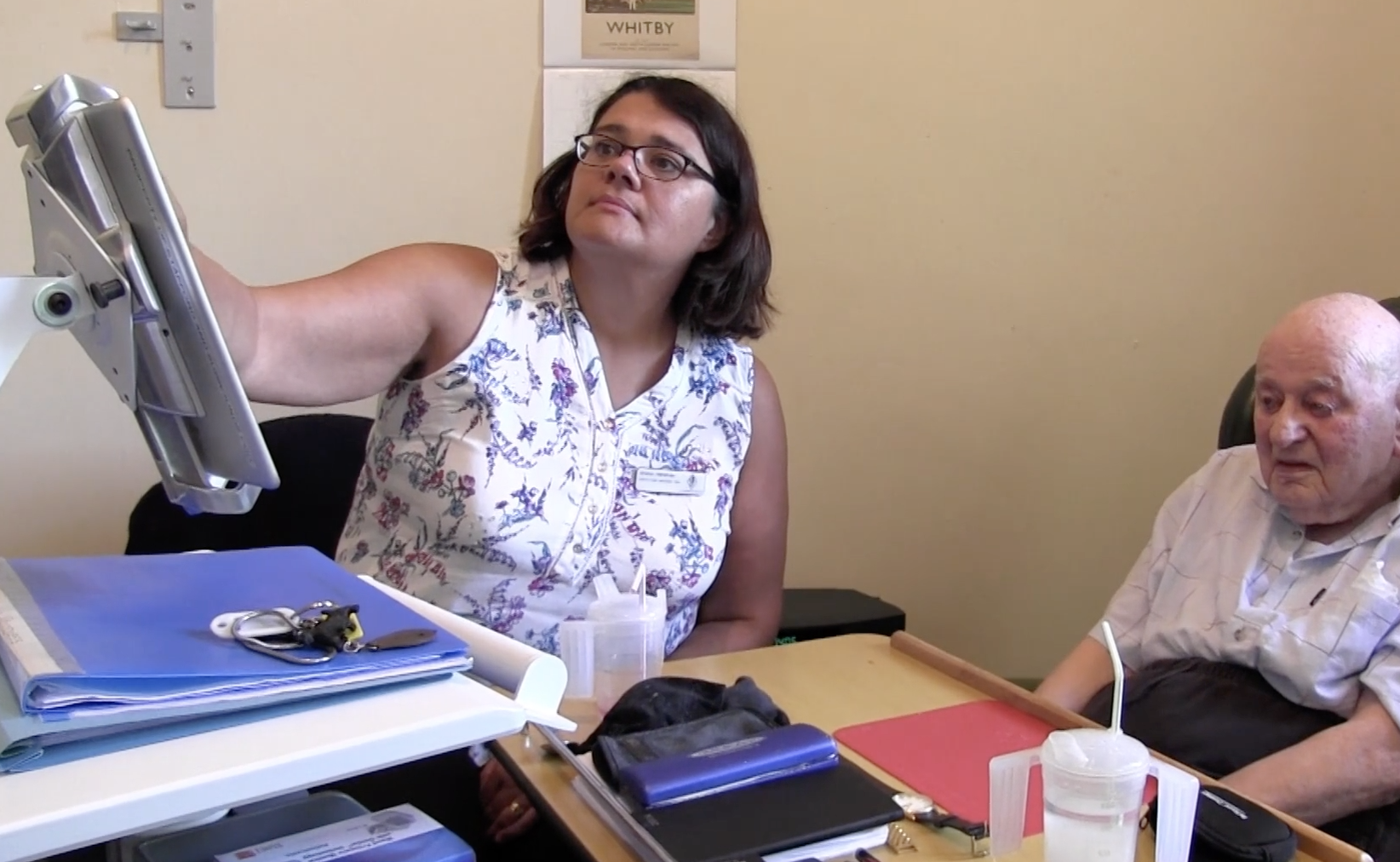Under the programme, selected GP practices and nursing and residential homes in the region will use portable computer tablets loaded with audio visual programmes, the CCGs’ Florence telehealth system, health management apps and video consultation technology, linking them with an extended network of primary care, mental health and palliative care staff, community pharmacists and geriatricians.
Dr Anil Sonnathi, Clinical lead for the project said: “Meeting the care needs and improving services for frail and elderly people through a new model of care is one of our CCGs’ highest priorities and this funding will allow us to harness the benefits of modern technology to provide better healthcare. “Using this technology can improve health outcomes for patients and residents in care homes by offering their carers speedy access to extended expert primary care support, giving our patients effective care from integrated health teams.”
The scheme could also help to cut NHS costs by around £1 million over four years by reducing the number of emergency and paramedic calls and unnecessary GP visits and attendances at hospital, which will reduce the pressure on A&E and urgent care services.
Local pilot initiatives have shown that the innovative use of Skype-type technology delivers significant and measureable improvements in the health outcomes for nursing homes patients, and is especially beneficial for patients in remote areas.
Nationally, GP practices have told commissioners that they are unable to commit enough time and resources as they would like to nursing and residential home patients because growing demand from the care sector has outstripped the level of support they can offer under traditional models of care. This can contribute to unnecessary diagnosis and over-treatment of illnesses and lower confidence in extended primary care being able to manage patients away from emergency care settings – leading to higher numbers of hospital admissions.
Dr Anil Sonnathi added: “This initiative will allow bedside-based and ‘at-the-point-of-care’ consultations with remote clinicians and extended care teams to take place. “Implementation will allow for the establishment of ‘virtual wards’ under the care of geriatricians working closely with the GP, saving valuable clinic time and improving health outcomes for patients.”

